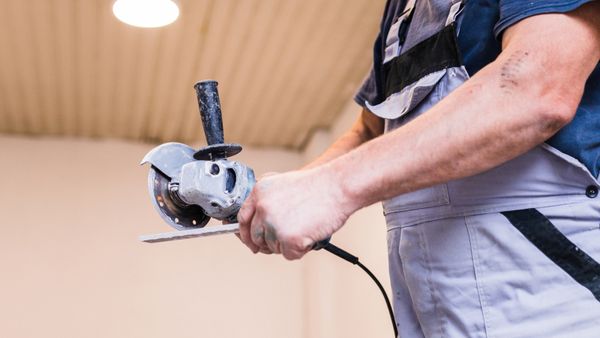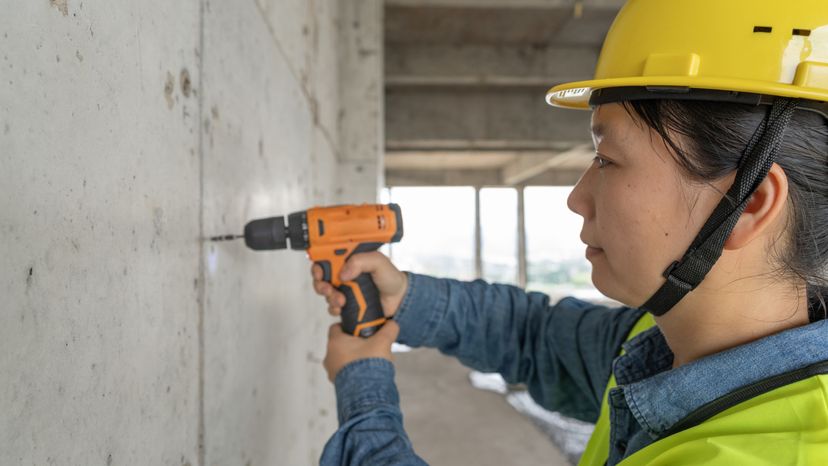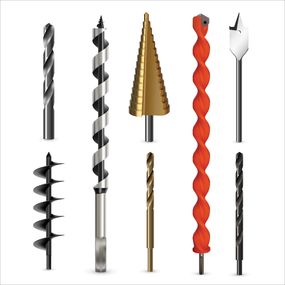Key Racks – Product categories - key mill
A drill bit may appear to be a simple hunk of metal; the average person probably doesn't put much thought into its design. However, there are actually several types of distinct drill bits that vary based on the type of material you need to drill into and how big of a hole you want to make. Wood is the most commonly drilled material, but there are also bits made to punch through metal, glass, ceramic tiles and concrete. They all come in standard sizes based on bit length and diameter, usually measured in metric units.
Any type of drill can be used with standard drill bits for masonry work, but regular drills may not be the best choice for particularly tough jobs. Bits made to punch through tile are very similar to masonry bits, but they're even sharper in order to cut through the brittle materials without chipping them.
Coring drill bits are also useful for making large holes in concrete walls. These are much bigger than typical bits and come with diamond-tipped teeth blades to be as tough and sharp as possible. These need to be paired with a heavy-duty hammer drill or impact gun to really put the power into your bore. For deep core drilling, a lubrication system may also be necessary to keep the bit cool as it cuts into the concrete.
Drill bits with a tungsten carbide tip are the strongest; when it comes to solid concrete, the sharper the better. Masonry bits cut holes through concrete in two steps. The tip of the drill bit is larger in diameter than the shaft below so that when the shaft reaches the hole, it fits right in. Drilling at a lower speed is more efficient for drilling through concrete, and it prevents the bit from overheating. Masonry bits with a carbide or diamond tip specifically intended for hammer drills are more efficient and penetrate hard surfaces better and faster.
The most common type of drill bit is known as the twist bit, which is great for tapping into soft wood and metal. In a pinch, it can be used on brick or concrete, but a specialized bit will always give faster results and be safer for big home improvement jobs.
Drill bits made to drill through concrete are called masonry bits. These are typically thicker and sturdier than carpentry bits in order to bore through thick concrete, brick or stone without warping and snapping. They're best paired with a specialized hammer drill, which moves the bit in an in-and-out hammering motion as well as the typical rotation. This allows you to punch through stonework more quickly and efficiently than a typical electric drill allows.







 18581906093
18581906093